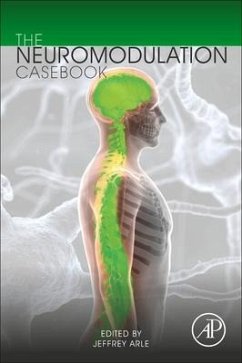
Nervous System Drug Delivery
Principles and Practice
Herausgegeben: Lonser, Russell R.; Sarntinoranont, Malisa; Bankiewicz, Kristof

PAYBACK Punkte
63 °P sammeln!
Nervous System Drug Delivery: Principles and Practice helps users understand the nervous system physiology affecting drug delivery, the principles that underlie various drug delivery methods, and the appropriate application of drug delivery methods for drug- and disease-specific treatments. Researchers developing nervous system putative therapeutic agents will use this book to optimize drug delivery during preclinical assessment and to prepare for regulatory advancement of new agents. Clinicians will gain direct insights into pathophysiologic alterations that impact drug delivery and students ...
Nervous System Drug Delivery: Principles and Practice helps users understand the nervous system physiology affecting drug delivery, the principles that underlie various drug delivery methods, and the appropriate application of drug delivery methods for drug- and disease-specific treatments. Researchers developing nervous system putative therapeutic agents will use this book to optimize drug delivery during preclinical assessment and to prepare for regulatory advancement of new agents. Clinicians will gain direct insights into pathophysiologic alterations that impact drug delivery and students and trainees will find this a critical resource for understanding and applying nervous system drug delivery techniques.













